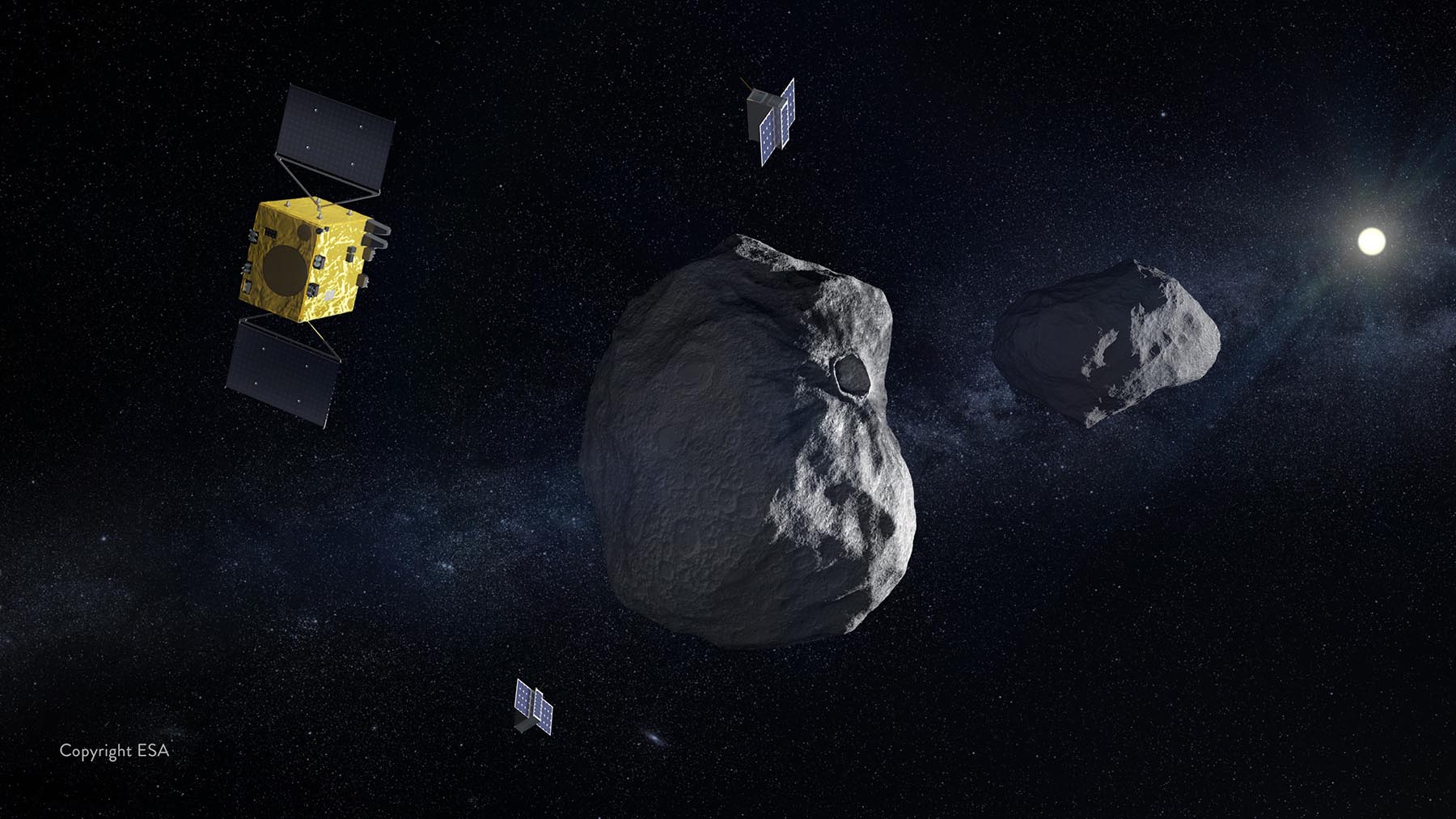Start
September 2019
End
September 2023
Status
Completed
H2020 | STARDUST-R - Stardust Reloaded

Start
September 2019
End
September 2023
Status
Completed
The current amount of space debris in orbit combined with the expected increase in traffic due to future mega-constallations will have an unprecedented impact on the space environment, posing a serious question on its stability and resilience to any incident or anomalous event. Although statistically less likely to occur, an asteroid impact would have devastating consequences for our planet. Thus Stardust-R will address the growing need for a sustainable exploitation of space, the resilience of the space environment, the threat and opportunities coming from asteroids and comets and the compelling need for properly trained specialists who can tackle these issues. The key scientific objectives are: 1) to globally characterise the dynamics of objects around the Earth to define disposal solutions, 2) to correlate spatially and temporally distant events and families of debris to their parent object, 3) to quantify uncertainty in celestial mechanics to accurately predict the probability of impact and collision and quantify the resilience of space systems and environment, 4) to develop AI tools and methods for space traffic management, 5) to define a criticality index for small asteroids to identify the need for exploration/characterisation, the possibility for exploitation and the method of deflection, 6) to develop a new distribution model for small size asteroids, 7) to develop systems and algorithms to explore and land on minor bodies with autonomous nano-spacecraft. These objectives will be achieved via 15 projects developed by 15 Early Stage Researchers who will be trained in math phyisics, computer science and aerospace engineering to provide effective solutions to make the space environment resilient, space exploitation sustainable, learn more about minor bodies and ultimately protect Earth and our space assets.
Project details
Program
Horizon 2020
SubProgram
Pillar I - Excellent Science
Call
H2020-MSCA-ITN-2018
Topic
MSCA-ITN-2018 - Innovative Training Networks
Start date
01-01-2019 | Length: 48 months
Research groups
SME - Space Missions Engineering
Magazine Articles


